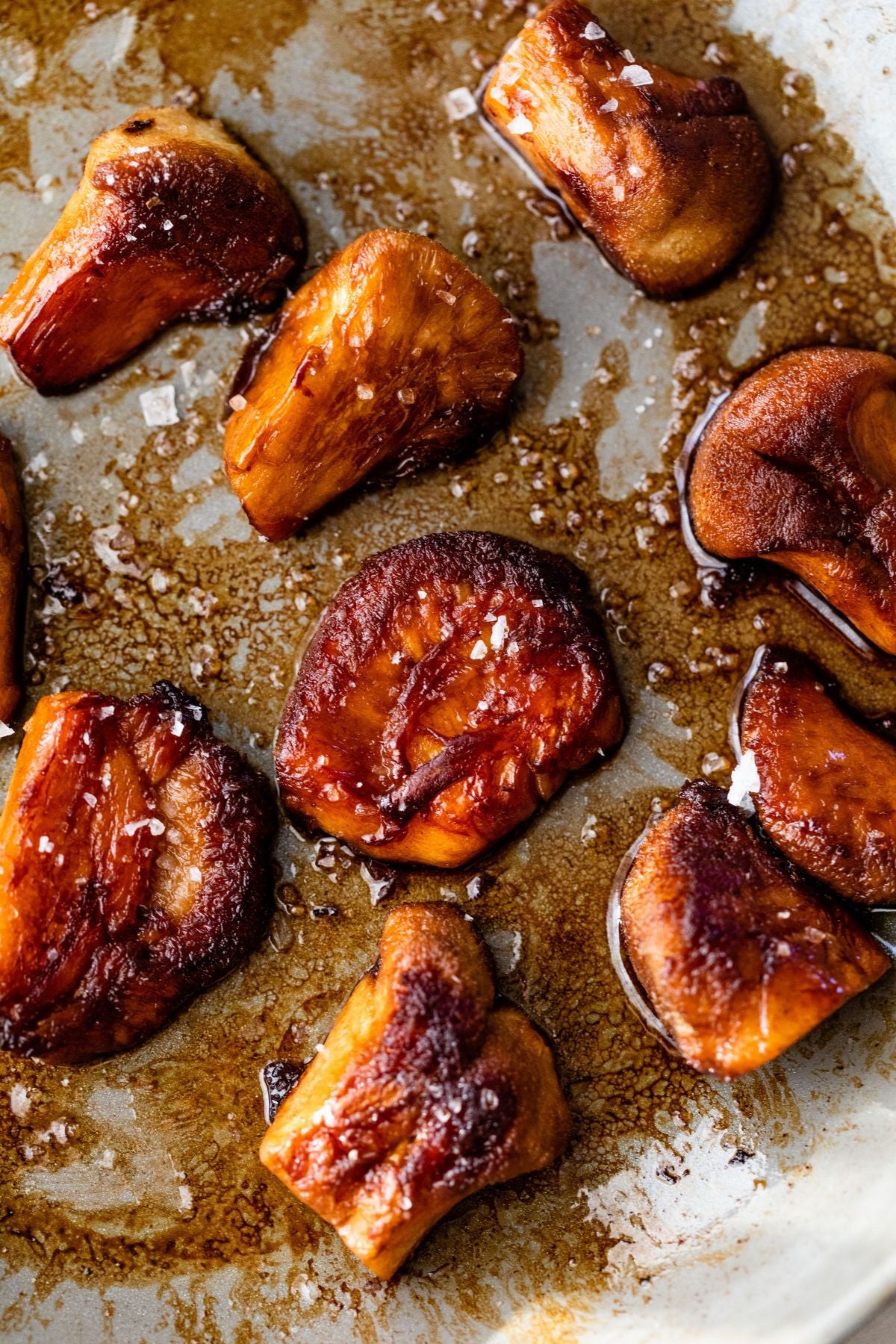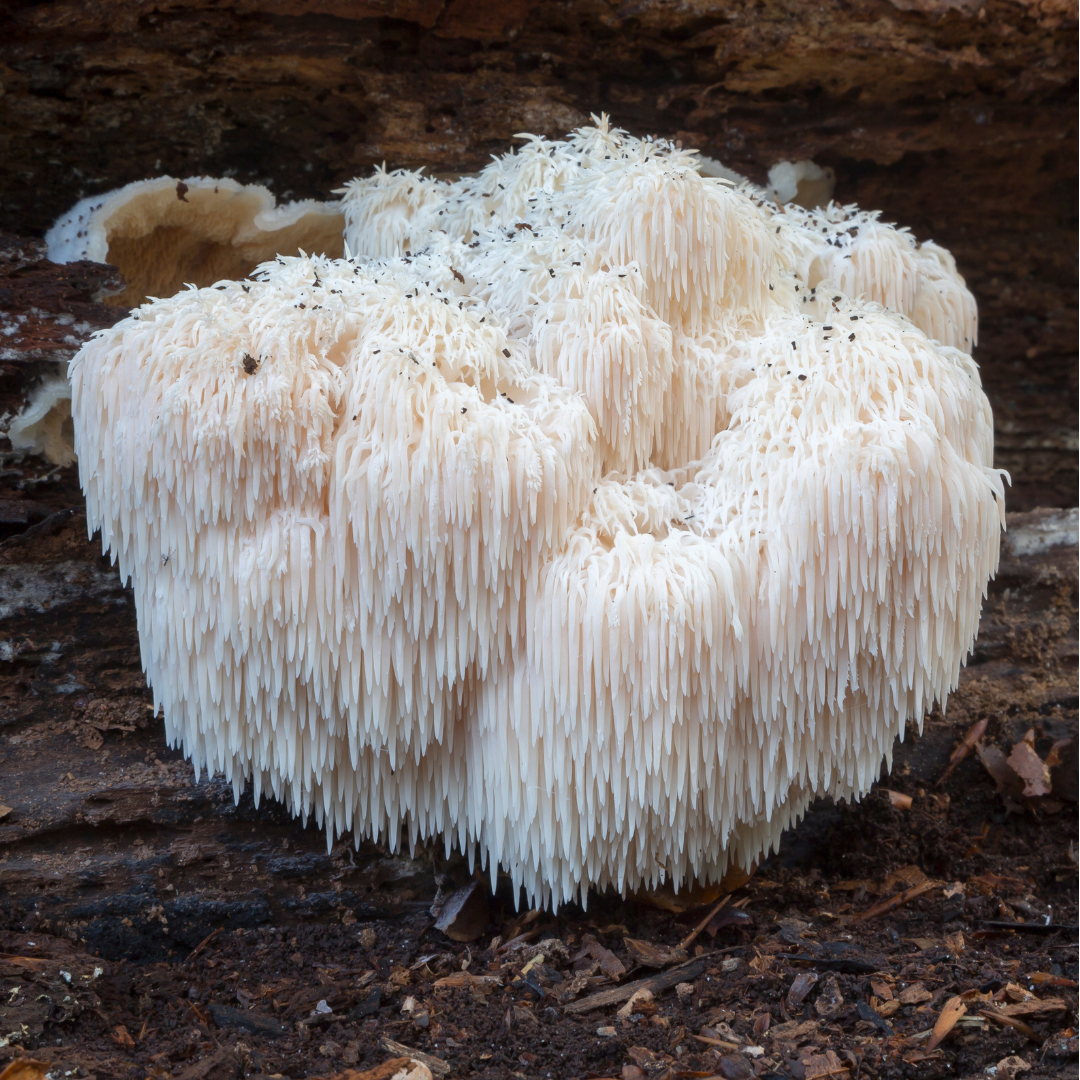
Read time: 1 min
What is Caffeine Sensitivity?
Caffeine sensitivity refers to how an individual's body reacts to caffeine consumption. People with caffeine sensitivity tend to experience the effects of caffeine more intensely than others, even after consuming small amounts.
This heightened sensitivity could be due to various factors, including genetics, metabolism, and other underlying health issues.
Symptoms of Caffeine Sensitivity
If you suspect you have caffeine sensitivity, watch out for the following symptoms after consuming caffeinated beverages:
- Headaches
- Jitters
- Insomnia
- Restlessness
- Anxiousness
- Racing heartbeat
Alternative Beverages for Caffeine Sensitivity
If you're looking to cut back on caffeine or eliminate it from your diet entirely, try these tasty alternatives:
1. Herbal teas: Choose from a wide variety of caffeine-free herbal teas, such as chamomile, peppermint, or rooibos, to enjoy a warm, soothing drink without the caffeine.
2. Decaffeinated coffee: Decaf coffee provides the familiar taste of coffee without the caffeine. Opt for high-quality, water-processed decaf coffee for a cleaner option.
3. Moksha Mushroom Coffee Alternative: Replace your regular coffee with Moksha's caffeine-free mushroom coffee, which offers an earthy, rich chai coffee flavour and numerous health benefits.
4. Chicory root coffee: Chicory root is a natural, caffeine-free coffee substitute that provides a similar taste and texture to traditional coffee.
5. Golden milk: A comforting blend of turmeric, spices, and your choice of milk, golden milk offers a caffeine-free, warming beverage that's perfect for any time of day.
6. Green smoothies: Blend fruits, vegetables, and a liquid base to create an energy-boosting smoothie that's packed with nutrients and free from caffeine.






